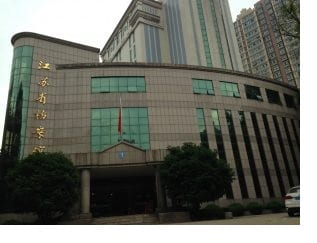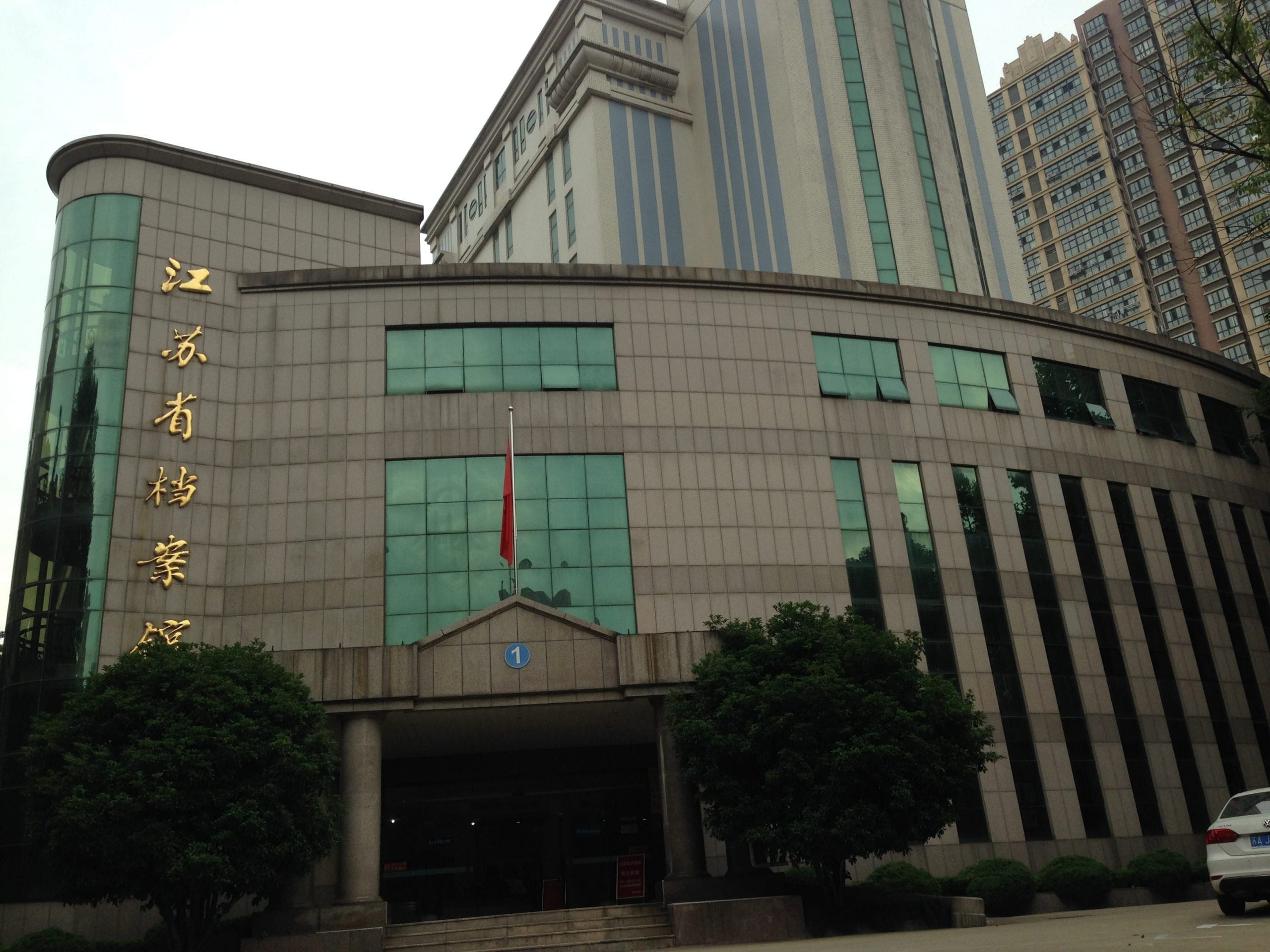 Researching the history of the Chinese Communist Party (CCP) and associated topics is inherently difficult. First and foremost, every historian of the CCP has to deal with the limited accessibility of archival materials in mainland China. When I began my research trip in Nanjing and at the Jiangsu Provincial Archive, I was surprised to learn that, in contrast to common perceptions, the sources for the revolutionary period (pre-1949) was even more strictly administered than the early PRC period (1950s). In the beginning, they would not allow me to see anything and there is even no archival fond catalog available for the revolutionary period (while there are plenty for early 1950s). After some detailed inquiry about my research topic and suggesting some published primary sources at the archive, I was finally allowed to see three archival fonds, for which I’m truly grateful.
Researching the history of the Chinese Communist Party (CCP) and associated topics is inherently difficult. First and foremost, every historian of the CCP has to deal with the limited accessibility of archival materials in mainland China. When I began my research trip in Nanjing and at the Jiangsu Provincial Archive, I was surprised to learn that, in contrast to common perceptions, the sources for the revolutionary period (pre-1949) was even more strictly administered than the early PRC period (1950s). In the beginning, they would not allow me to see anything and there is even no archival fond catalog available for the revolutionary period (while there are plenty for early 1950s). After some detailed inquiry about my research topic and suggesting some published primary sources at the archive, I was finally allowed to see three archival fonds, for which I’m truly grateful.
In addition to the limited accessibility, the archivists later told me that during the 1950s, the CCP leadership ordered all materials related to the revolutionary period to be transferred from provincial archives to the central archives. Though the provincial archives certainly didn’t give up everything, there is indeed serious limitations on what scholars can get by using what was left at the provincial level.
Why is the revolutionary period so sensitive for the CCP? Some may suggest that the revolutionary period was violent. But the early PRC period also witnessed much violence such as the “suppressing counter-revolutionaries” campaign. The issue here is legitimacy. For the CCP, its victory in the revolutionary period an important source of its legitimacy. In the CCP’s jargon, its victory and ruling party status is “history’s choice” (lishi de xuanze) and “people’s choice” (renmin de xuanze). Therefore, the party would not allow those revisionist interpretations of the revolutionary period which might undermine its historical legitimacy. The CCP’s sensitivity is not misplaced. Even in mainland China, there are challenges to the party’s interpretations of the revolutionary period. Some suggest that the CCP didn’t fight the Japanese during the Sino-Japanese War (1937-1945), and others doubt the actuality of some revolutionary and anti-Japanese heroes. The party called these revisionist interpretations of the revolutionary period “historical nihilism” (lishi xuwuzhuyi). This particular political sensitivity of the revolutionary period should receive the attention of every responsible scholar in the field. It is the academic community’s responsibility to maintain high scholarly standards, especially for these sensitive topics.

Zhongtian Han, Ph.D. History 2021
Sigur Center Summer 2018 Field Research Grant Fellow
People’s Republic of China
Zhongtian Han is a history Ph.D. student interested in modern East Asia and strategic studies. His research focuses on the strategic history of modern China and Japan.


